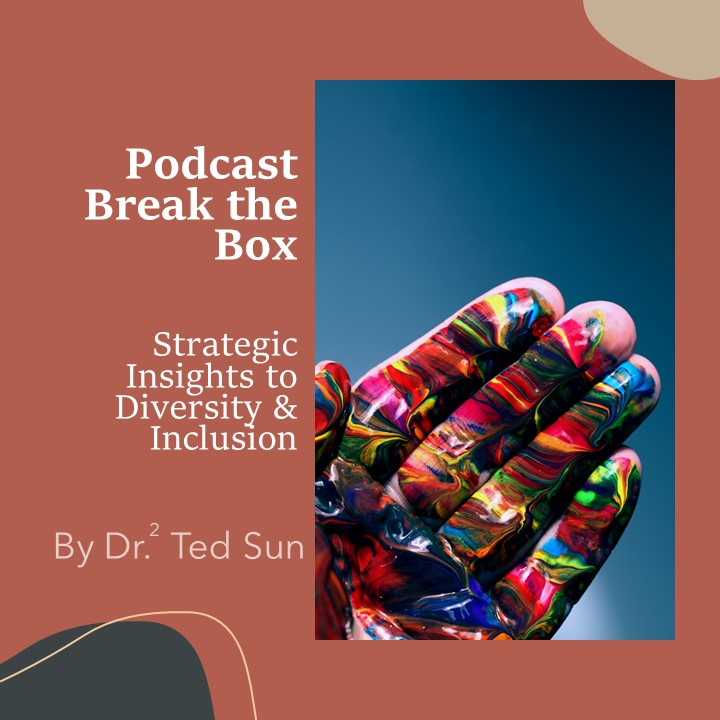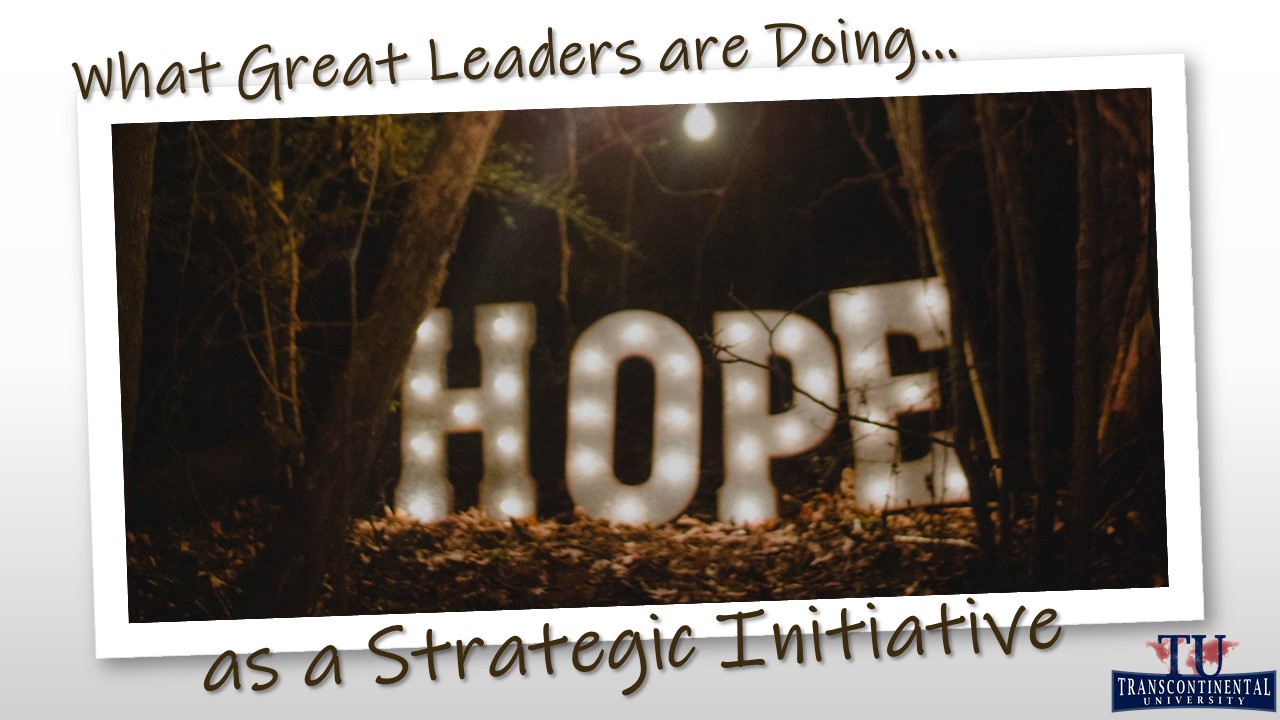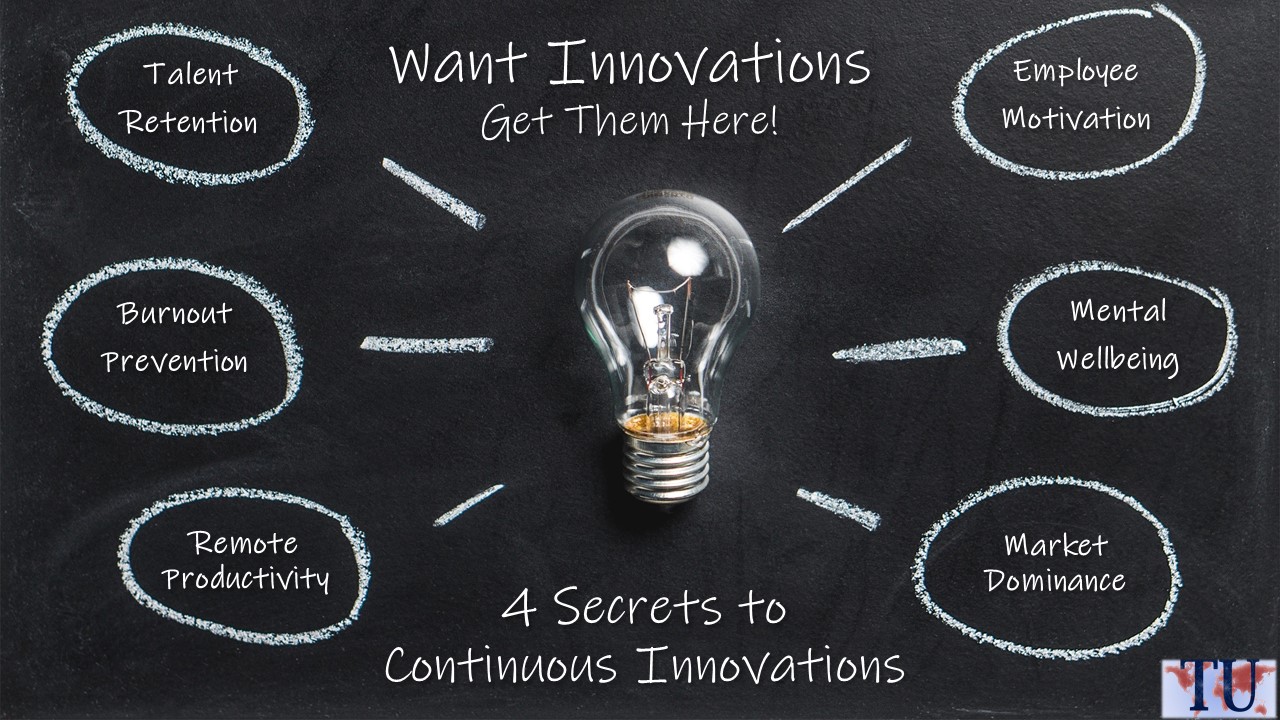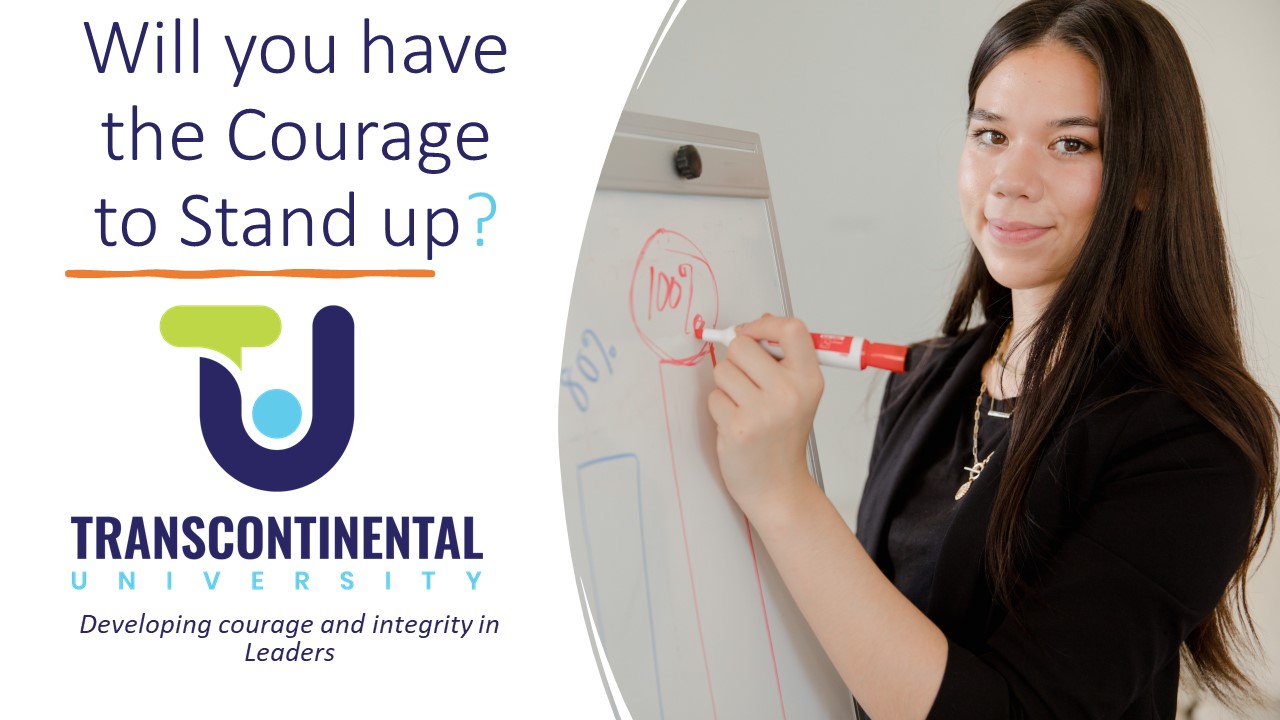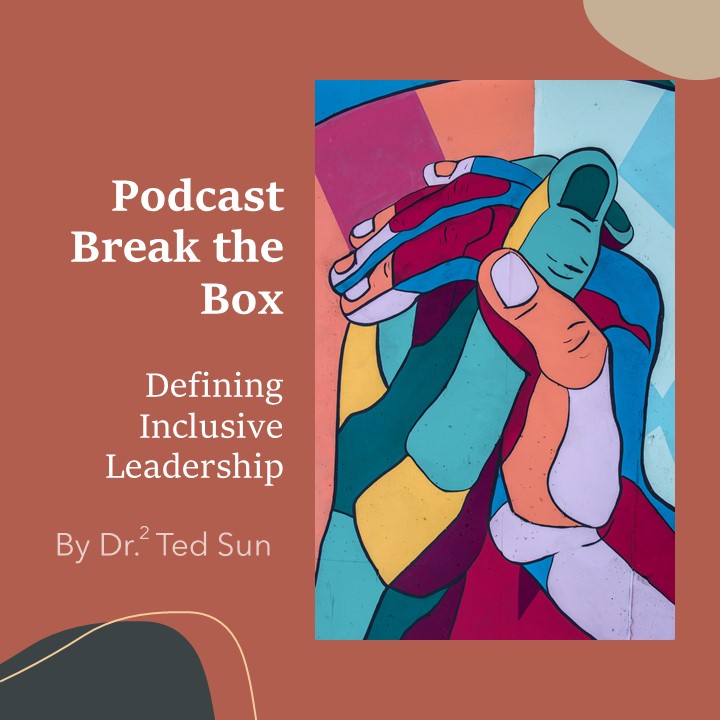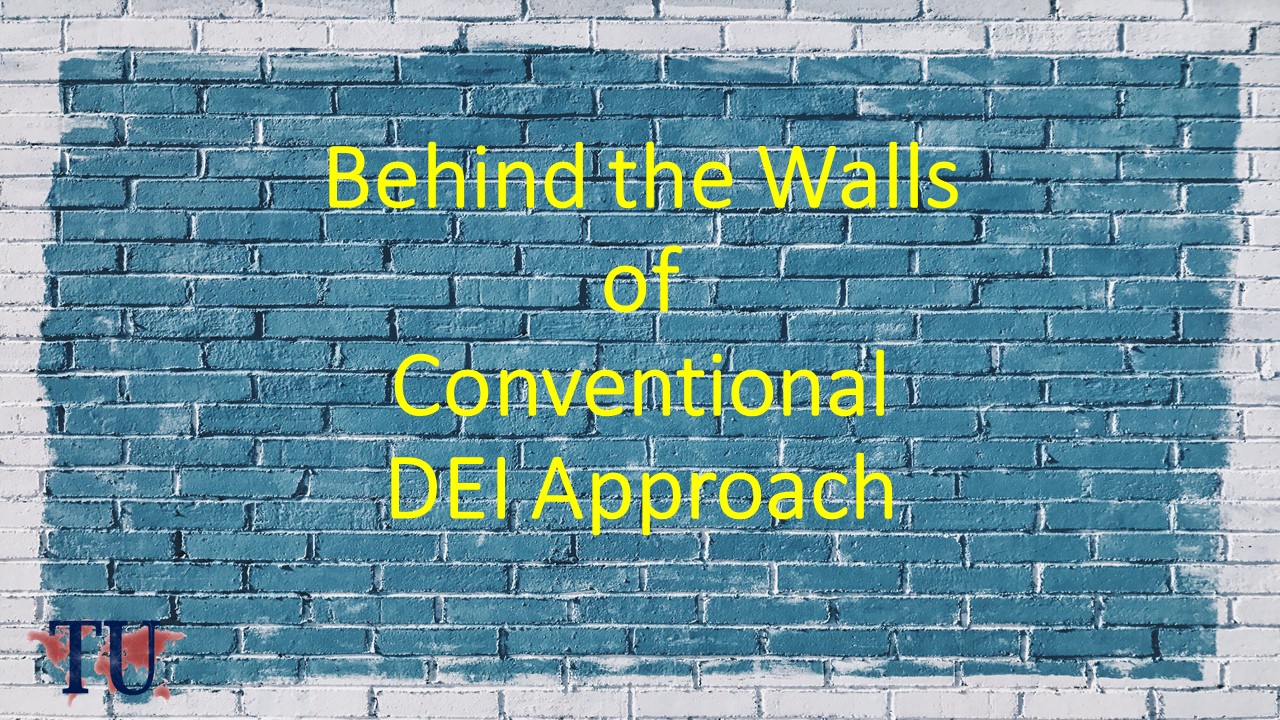
Do’s and Don’ts for Upskilling
Avoiding the Thieves in the Education
By Dr. Ted Sun
You’ve just paid the money to be in yet another certificate program, excited to be learning something new. As you go through the introductory materials, you find that the course wants you to spend 3-4 hours each week over the next 12 weeks. This doesn’t sound too bad, except you’ll need to take time away from your family to do it, since work continues to be demanding. You tell yourself, “This is an investment in me and it’s worth it”.
Later in the week, you’re sitting in front of your computer or smart device, staring at the enormous amount of information in front of you. Some are beautifully presented words with vivid images, while others are somewhat entertaining videos. After one hour, your mind begins to linger. Your eyes wonder away and see the certificates on your wall. One certificate is on conflict resolution, another is on emotional intelligence. A recent one that your company had you complete was on active listening. As you saw that one, it brings you to the intense zoom meeting yesterday that had no active listening by anyone on the team. You wonder, if the entire team took that training and all earned the same certificate, why didn’t anyone use what they had learned? As your own best critic, you wonder, “Why didn’t I use my emotional intelligence or active listening to change the intensity of the meeting? What were the tactics in that course?”
This happens all too often. Countless people hoping to learn something are misled by the thieves in education who take your money and time without giving back knowledge that’s retained or the skills that they promised. The reality of certificates as evidence of skills is all too common. Similar to the amount of knowledge retained from formal education in universities, many courses in upskilling for professionals continue to push information without the accountability of knowledge retained. How do we get beyond the conventional approach to upskilling that makes a sustainable difference in thought processes and skills? How would you get results like 27.2% reduction of time in Zoom meetings within 2 months from a remote management upskilling course?
Foundations of education and learning
The conventional approach to education has been around since the early 1900’s. The system was built to create workers in the assembly line who are submissive to authority. Today’s education system has not changed much, even though the topics have had great advances. Recently, I attended a professional development course on the neuroscience of learning at a major university. While the contents of the course had brilliant perspectives on how the human brain learns, it was still being delivered as massive amount of information pushed at us over several weeks without alignment to what the contents stated. Even with experts in the theory of learning, how they taught did not align with what they taught. How new information is taught makes a world of difference to how much you retain and can actually use when a situation occurs (a skill).
As an organizational psychologist who’s taught educators across the world, along with numerous executives, how to teach, I hope to break the cycle of wasted time and money for some certificate that holds very limited practical value. Let us start with defining learning, which is a process that results in relatively permanent change in how one perceives reality and/or thinks. Knowledge is something that resides within the individual mind that can be recalled easily when needed. The best approach to learning is by combining what you already know with the new information (constructivism). Then, through meaningful application, emotions are attached to new information, creating sustained knowledge and skills.
Don’ts in Upskilling
For educational and training organizations, consider the followings Don’ts when developing various courses on upskilling. For those looking to upskill, watch for these Don’ts to avoid the wasted time and money, especially when that time is taken away from your family.
- Generic information: Countless educational institutions and companies push generic information at people. This is a profitable approach since content is designed once and sold to many people. In some cases, the content is out of date, especially with the challenges in the current pandemic. More importantly, it is not meaningful, thus leading to very limited recall. The following is one example of a certificate course sold for $3,300 at a premier university.
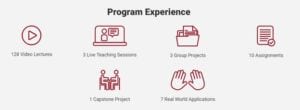
With only three live sessions, the enormous amount of generic video lectures results in information overload with very low return on time invested in watching them. Many companies offer training on demand, which is more generic content that does not engage the participant in a meaningful way.
- Regurgitation of materials: We have all been forced to take a test of some kind to pass a course or to get a certificate. How much of what we regurgitated shortly after the test do we actually remember? Regurgitation does not equate to long term recall of information and is definitely far from developing a skill. Many professional organizations still use tests to issue people certificates from project management to emotional intelligence.
- Abundance of new information: Many people speak of reading books, listening to podcasts, or watching videos as a form of learning. From the brain perspective, it is only new information being processed. Some universities are offering free content through their online courses, where you can pay if you want a formal certificate at the end. Skills are never developed by simply receiving new information. Without meaningful application, they get processed by your brain and then tossed aside.
- Meaningless cases: Many courses still use case studies for a method of delivering content. While this is one starting point to application, it is highly limited in creating an emotional connection with the new information that leads to knowledge. Consider all cases in annual ethics courses most companies impose on people. Reality rarely mirrors the cases. Furthermore, the case scenario given in writing fails to develop one’s skills in identifying a real-world issue. Theoretical application results in limited recall.
Dos in Upskilling
Furthering your skills requires a learning system that ensures that whatever new information is received becomes knowledge and can be masterfully applied as a skill. The fields of neuroscience in learning and educational psychology can elevate upskilling programs with the following four steps.
- Understand your tacit knowledge: This is where you reflect and assess what you currently know about a topic. Various assessments can be used to see the current skill level that you may have. This builds a baseline for self-awareness and also enables you to find what is meaningful and needed currently.
- Bite sized content: With the amount of information coming at the human brain, learning requires a laser focus. Instead of reading a book or watching an hour-long video, obtain a bite sized piece of information that interests you. Understand how this can be applied to help you achieve your goals and if it aligns with who you are from your beliefs and values perspective.
- Immediate application: Design a safe environment to apply the bite sized information within the next 48 hours. This application further allows you to begin to practice a new skill, while transitioning information into your personal knowledge.
- Emotional attachment: For the human brain to be able to effectively retain and apply new information over time, your emotion is the glue that makes it happen. Measuring your application is the key to creating the emotional glue. When measuring the outcomes, explore questions like how it impacted your relationships, how it helped you achieve a goal more efficiently, and how it made you physically and emotionally feel when you applied it. Within the measurement, you are creating an accountability structure.
The above Dos and Don’ts are just a high-level overview. Much of the thoughts are based on grounded principles in educational psychology such as constructivism. This provides a huge opportunity for educational institutions and companies to upgrade their approach to learning. From an ethical perspective, we all have a responsibility to help people advance their knowledge and skills. This is commonly stated in the vision, mission, and values of these organizations. Wouldn’t it be great for these organizations to start practicing what they preach?
Transcontinental University is a unique institution which has built many educational programs that are customized to both the needs of the organization and the individual. Their power educational model has made significant advances in many aspects of upskilling and intelligence improvements. For example, instead of a generic remote management skills course, the Transcontinental University program is customized to the needs of the organization with a selection of specific skills needed by the organization. The needs of the individual are met within each skill, starting with a full understanding of where the individual currently is in the skill and the context of application. With outcomes that matter for the business, Transcontinental’s remote management program is light years ahead of most meaningless certificates. For example, a recent outcome in a single remote management skill is a 27.2% reduction of time in Zoom meetings within 2 months, while clarity of responsibility has removed redundant communication and frustrations.
Countless hours are spent taking courses at various educational and training institutions. Most of the information shared is lost. Neuroscience and educational psychology have clearly shown what’s necessary for the human brain to retain information and build skills. Let’s stop doing what’s always been done for profitability’s sake and start shifting how information is delivered to become sustained knowledge and practical skills.



